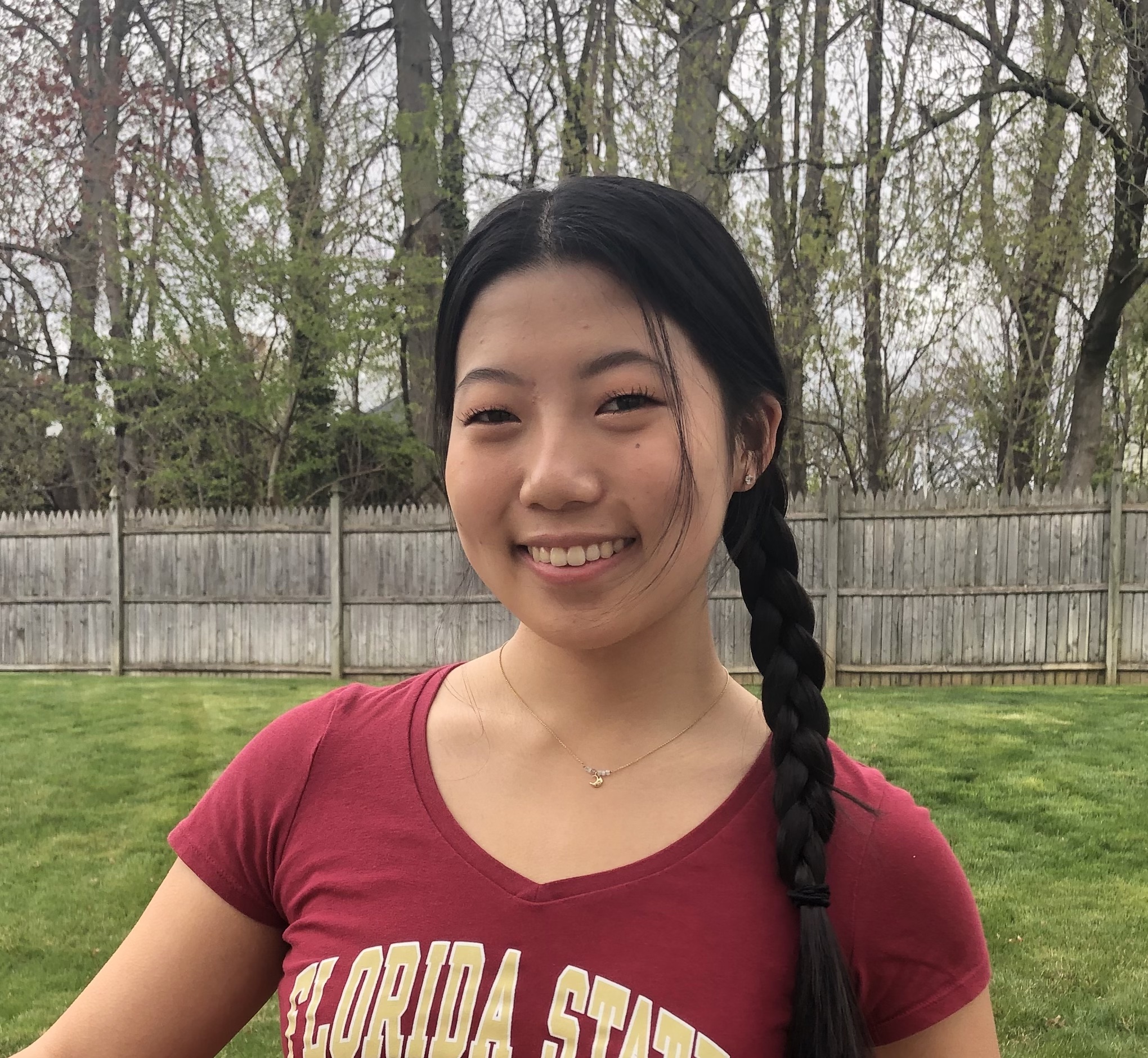Research Symposium
22nd annual Undergraduate Research Symposium
Julia Oliveira Poster Session 4: 12:30-1:15/Poster #7

BIO
Julia Oliveira (she/her/hers) is currently a second-year undergraduate student at Florida State University, where she is double majoring in biological science and public health. Julia is on a pre-medical track, with aspirations of attending medical school in the Fall of 2024, following earning a Bachelor of Science in Biology. During her first year at FSU, Julia participated in the Undergraduate Research Opportunity Program (UROP), where she served as a Research Assistant for the Center for Translational Behavioral Science within the FSU College of Medicine. There she worked with the Scale It Up Florida program to conduct community-based research focused on HIV-related issues within the young population in Florida. Julia has spent this past year conducting DIS, short for directed independent study, within the FSU Department of Biological Science (in the Levitan Lab under the direction of Ph.D. candidate Melanie Medina). For her doctoral research, Melanie is interested in studying reproduction and mate choice in marine gastropods, particularly sea slugs. Julia has investigated concepts such as oviposition, survivorship, mating, and more in the simultaneous hermaphrodite sea slug Doto chica. Julia has enjoyed conducting research for the past two years, and feels it has truly enriched her undergraduate experience here at FSU.
The Effects of Temperature on Mating, Oviposition and Survivorship in the Simultaneous Hermaphrodite Doto chica
Authors: Julia Oliveira, Melanie MedinaStudent Major: Biology & Public Health
Mentor: Melanie Medina
Mentor's Department: Department of Biological Science Mentor's College: Ecology and Evolution Co-Presenters:
Abstract
I will be investigating temperature effects on mating, body weight, oviposition, and survivorship in the system Doto chica. This sea slug can be found year-round in the Gulf of Mexico and feeds specifically on hydroids that grow in oyster banks. However, their abundance seems to be affected by changes in environmental conditions such as temperature. I will test the effects of three temperature treatments to observe how extreme cold or heat impacts the reproductive success of D. chica. This may provide insight on the reproductive strategies at work in this system, and how these strategies are affected by long lasting environmental changes. I will evaluate oviposition and mating, and data on body weight and survivorship will be collected pre- and post-experiment. I hypothesize that slugs will show differential oviposition in the low and high treatments. I will use the computer software ImageJ to compile oviposition data and use an ANOVA Test to analyze statistical significance. I ultimately think that slugs maintained at the low treatment temperatures will lay a greater number of eggs that are larger in size than those at the high treatment temperature, as well as experience increased survivorship and retention of body weight. Results may be explained by the fact that D. chica have been found at low temperatures in the field, and therefore possess the physiological ability to withstand a colder environment.
Keywords: marine biology, sea slugs, mating, reproduction, survivorship, temperature

